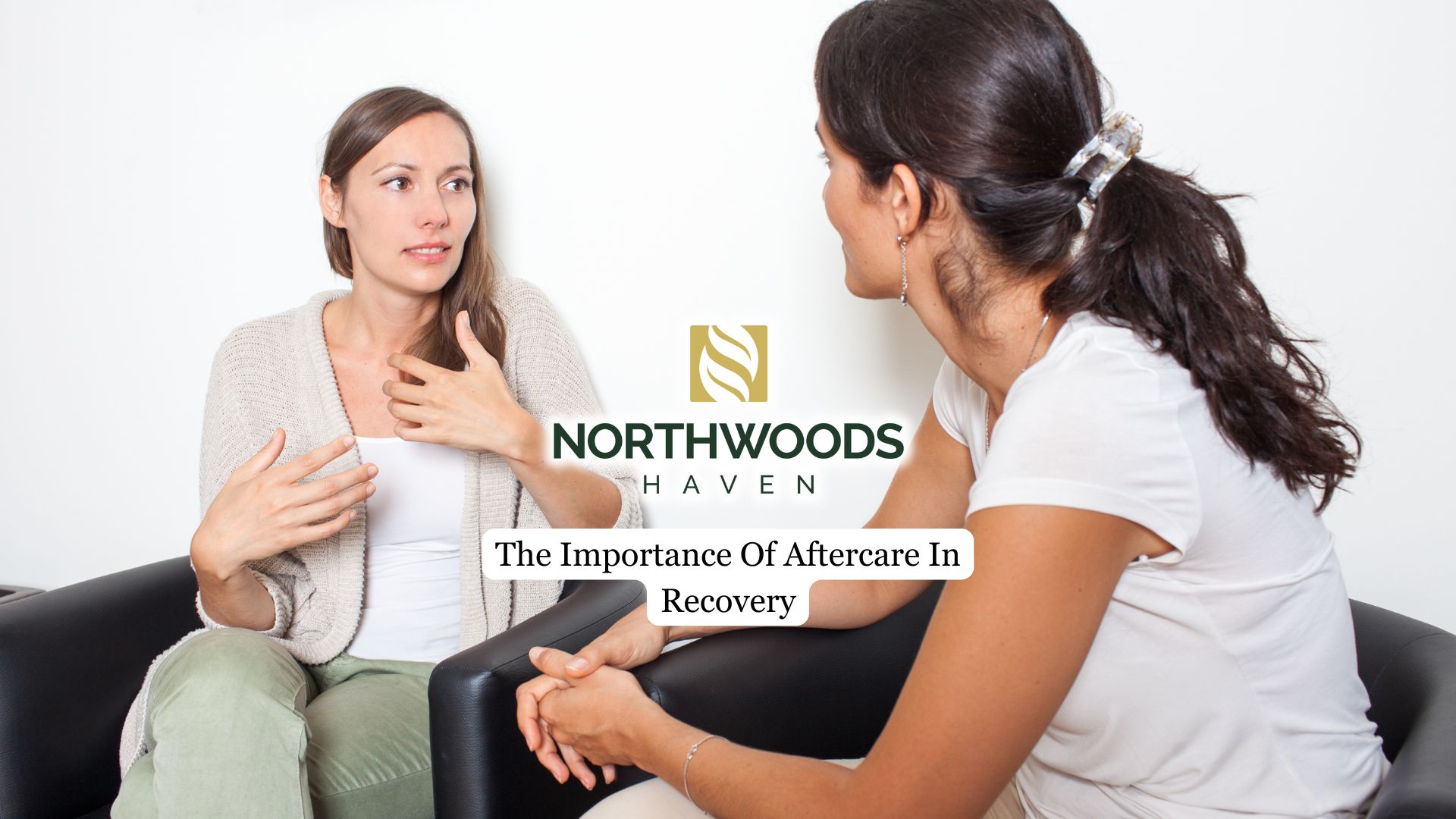Aftercare is an essential aspect of long-term recovery success. It offers continued support, reinforces crucial coping mechanisms, builds a network of shared experiences, and promotes accountability. These factors combined contribute significantly to an individual’s ability to sustain sobriety and improve overall quality of life following treatment.
This article will help readers gain a deeper understanding of why aftercare plays such a pivotal role in the recovery process, what effective aftercare looks like, and how it can make a lasting difference in maintaining sobriety and well-being.
Why Aftercare Matters
Aftercare is an important aspect of the recovery process, particularly following the completion of initial treatment. Individuals are often at a heightened risk of relapse during this transitional phase, and aftercare serves to mitigate this risk by providing ongoing support and accountability.
The structure provided by aftercare programs can help individuals maintain their progress and establish routines that support their sobriety. These programs often emphasize emotional and psychological support, equipping participants with ongoing coping strategies to handle the challenges that may arise in recovery.
It’s crucial to recognize that aftercare isn’t simply an optional supplementary resource; it’s considered a vital part of a comprehensive long-term recovery strategy. Access to resources and community connections through aftercare can play a significant role in preventing relapse.
Participating in aftercare reflects an individual’s commitment to their health and recovery process, reinforcing the foundation necessary for sustained sobriety. The integration of aftercare into recovery plans can increase the likelihood of maintaining progress and navigating the complexities of life after treatment.
Outpatient drug rehab programs are great aftercare options for individuals transitioning from more intense forms of treatment, as they provide you with the needed guidance and support, but require a lower time-commitment.
Key Components of Effective Aftercare
Personalized Aftercare Plans
An effective aftercare program begins with a personalized approach tailored to the unique challenges each individual faces, including their specific substance use disorder, co-occurring mental health conditions, and personal preferences. This customization ensures that the support provided aligns with the individual’s lifestyle, goals, and potential triggers, making the recovery process more manageable and sustainable.
Regular Communication and Progress Monitoring
Consistent check-ins with the treatment team are essential for tracking progress, addressing concerns, and maintaining accountability throughout the recovery journey. These regular interactions also provide opportunities to adjust the aftercare plan as needed, ensuring that it remains relevant and effective as the individual’s needs change over time.
Involvement of Family and Social Support Networks
Engaging family members and social support systems enhances recovery outcomes by providing encouragement, fostering a positive environment, and promoting sustained commitment to sobriety. When loved ones are involved, they can help identify early signs of relapse and offer emotional support, which strengthens the individual’s motivation and resilience.
Access to Mental Health Resources
For individuals with co-occurring disorders, access to mental health services is critical to effectively manage these conditions, which can significantly influence recovery success and overall well-being. Integrated care that addresses both addiction and mental health simultaneously improves treatment outcomes and reduces the likelihood of relapse.

Evidence Supporting Aftercare
In a study by James R. Mackay, it was found that participants who engaged in aftercare following inpatient treatment exhibited lower relapse rates compared to those who did not participate in such programs.
On top of that, individuals who attended 12-step meetings and engaged in various forms of aftercare experienced greater success in maintaining long-term sobriety.
These results highlight the necessity of integrating aftercare into recovery plans. Ongoing support and care can provide individuals with the tools to address the challenges associated with early recovery and to establish a robust foundation for sustained sobriety.
Challenges and Barriers
Stigma around addiction often discourages people from seeking ongoing care due to fear of judgment. Accessibility issues, including geographic limitations, scheduling conflicts, and high costs, especially when insurance coverage is lacking, also pose significant challenges.
To overcome these obstacles, telehealth services have expanded access by enabling remote participation in therapy, benefiting individuals in rural areas or with mobility constraints. Community-based peer support groups provide affordable or free alternatives, allowing individuals to access essential recovery support despite these barriers.
How to Choose the Right Aftercare Program
It’s essential to take into account various factors, including the specific type of substance use disorder experienced, any co-occurring mental health conditions, and individual preferences regarding treatment settings.
For some individuals, a structured sober living environment may provide the necessary support and accountability, while others may find regular outpatient therapy sessions to be more beneficial for their recovery journey.
Final Thoughts from Northwoods Haven Recovery
Aftercare serves as a method of ongoing support that facilitates the transition from a structured treatment environment to everyday life. Selecting an aftercare program tailored to personal needs can enhance the likelihood of sustained recovery.
At Northwoods Haven Recovery, we understand that your path to healing is unique. Our team can help you find the approach that fits your individual aftercare needs in our serene, luxurious facility where you can reflect, connect with compassionate professionals, and build meaningful relationships with peers who support your journey.



